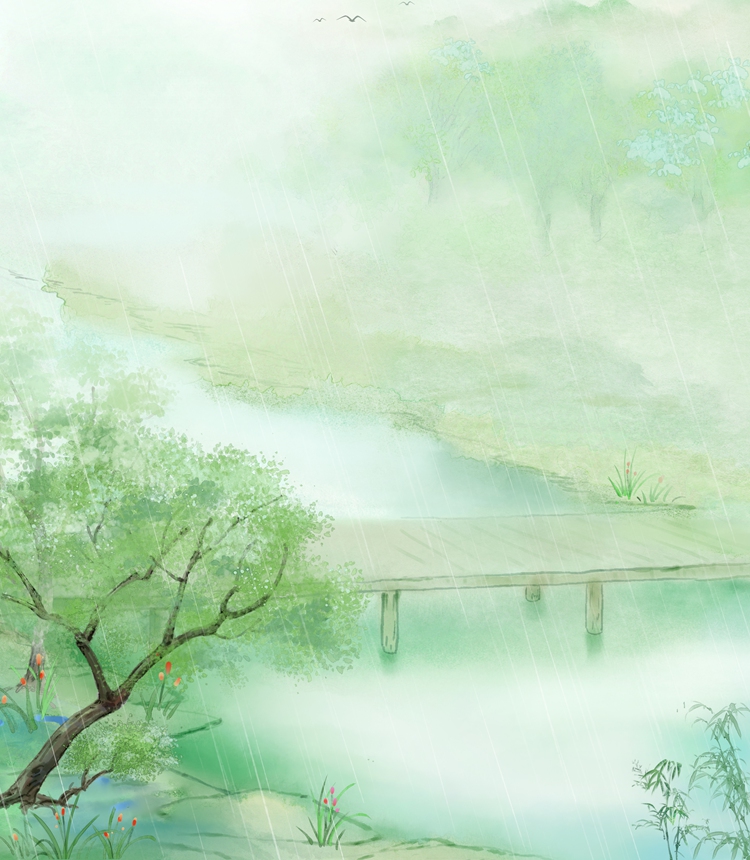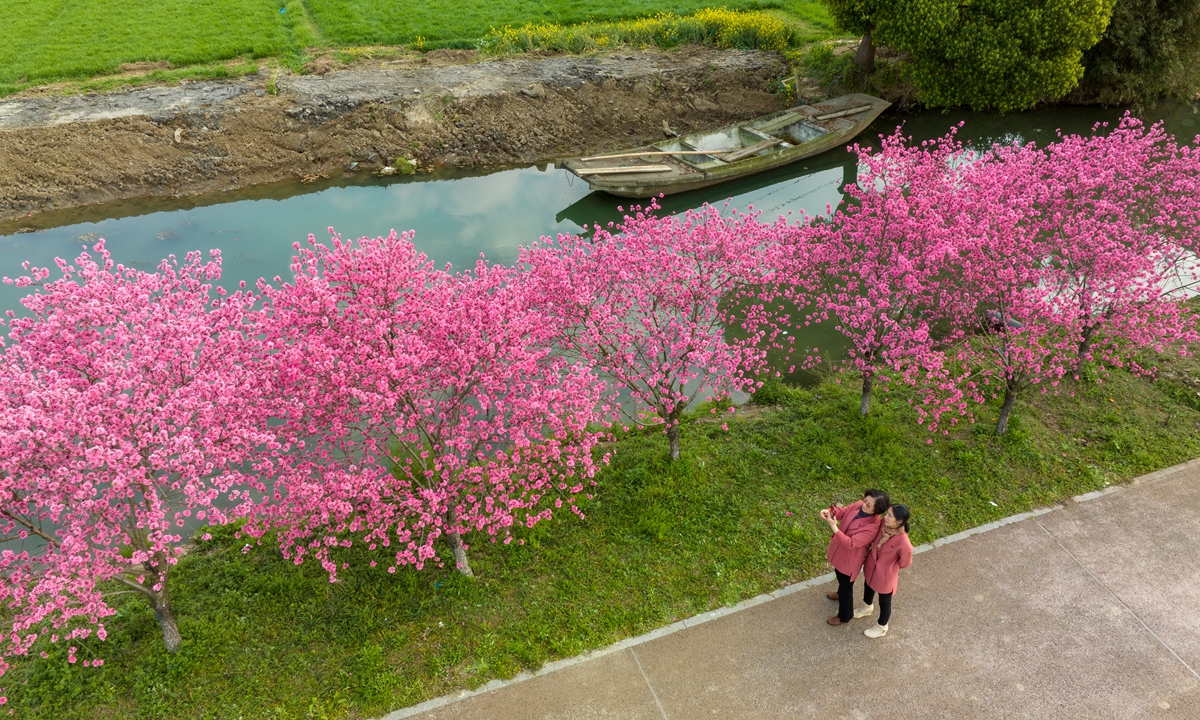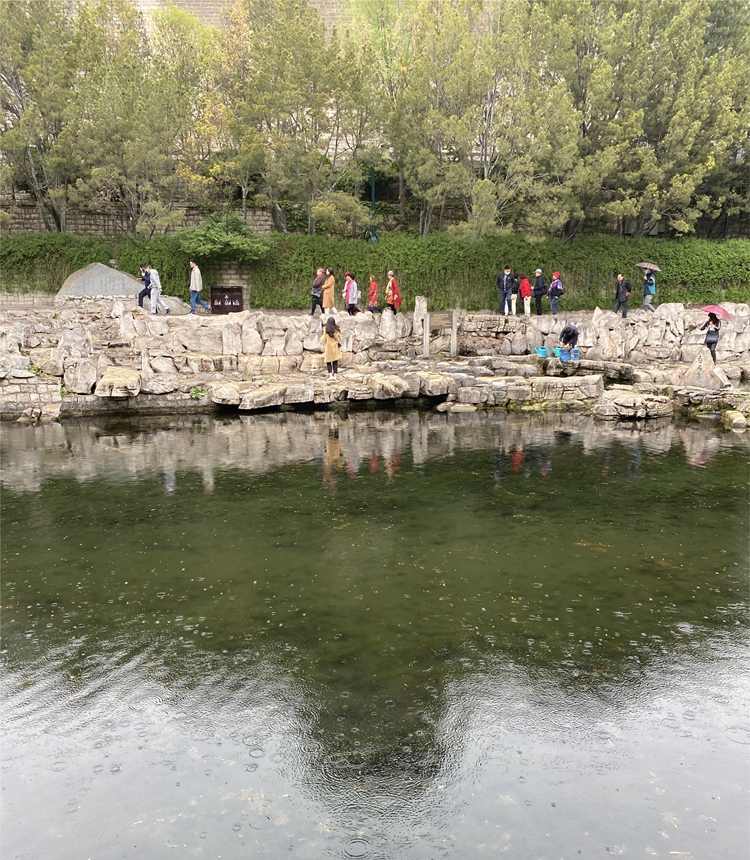
Qingming Photo: VCG
Editor's Note: Qingming Festival,custom tv mount exporter or Tomb-Sweeping Day, one of China's traditional festivals that embodies the dual connotations of nature and culture, will fall on Thursday this year. It is not only one of the "24 Solar Terms" but also a traditional ancestor-worshipping festival. During this season, the day heralds a season of rising temperature and increasing rainfall, high time for plowing and sowing. Many vivid scenes of Qingming Festival are depicted in Chinese poems and paintings. Wise Chinese ancients practiced customs such as ancestor worship, outings, eating qingtuan (sweet green rice balls) and flying kites. To this day, Chinese people still practice the traditions and celebrate the festival in a modern way, including an eco-friendly tomb sweeping. This installment is compiled and presented to you by Global Times staff reporters Wu Jie, Lou Kang and Chen Xi.Qingming Festival, also known as Tomb-Sweeping Day, is a traditional Chinese holiday observed to commemorate ancestors and honor the deceased.
Falling on the 15th day after the Spring Equinox, usually around early April, Qingming holds deep cultural significance in Chinese society.
Originating from ancient customs and folklore, this festival combines elements of remembrance, filial piety, and the celebration of nature's renewal.
Throughout history, Qingming has been evolving, blending traditional rituals with modern practices, reflecting the dynamic nature of Chinese culture.
How it startedQingming Festival merged the traditions of the Cold Food Festival (
hanshi jie) and the Shangsi Festival.
The Cold Food Festival originated from a story of an exiled duke called Wen from the state of Jin during the Spring and Autumn Period (770BC-476BC). Wen had no food to eat, so one of his followers, named Jie Zitui, cut a piece of his flesh from his thigh to make soup for Wen.
When Wen eventually became the ruler, he forgot about Jie, who had moved to a remote mountain with his mother. When Wen learned of Jie's whereabouts, he ordered his army to set the forest on fire, hoping to force Jie out of hiding. The fire raged for three days and eventually the emperor saw Jie and his mother clinging, dead, to a charred willow tree. He buried them under the tree.
In honor of Jie, Wen decreed that no fires should be lit on the day of his death and people should eat cold food, giving rise to the Cold Food Festival.
This festival, which initially only existed in the state of Jin, gained recognition across China for its significance in honoring loyalty, and it continued to be observed.
Qingming Festival also incorporated elements from another ancient festival, the Shangsi Festival, which falls on the third day of the third month in the lunar calendar.
As Qingming tomb-sweeping often takes place in suburban areas, it is accompanied by leisure activities such as bathing, outings, feasting and water sports.
People not only honor their ancestors but also cleanse themselves, pray for blessings and enjoy the beauty of spring.

Tourists take a photo at Yangcheng Lake Wetland Park in Kunshan, East China's Jiangsu Province. Photo: VCG
How to live itThe most important custom of Qingming is to honor ancestors and revolutionary martyrs by visiting and cleaning their grave sites, as well as paying respects to deceased loved ones.
Families gather at cemeteries to remove weeds, tidy up the area and offer sacrifices.
This may involve burning incense, offering food, liquor or other items as a sign of respect. The ritual symbolizes filial piety and is believed to provide comfort to the spirits of the deceased in the afterlife.
Qingming is far from just being about mourning and remembering the deceased. During the festival, people engage in various recreational activities, and playing Cuju is one of them.
Cuju, which is an ancient Chinese ball game similar to modern-day soccer, has a long history in China and was popular during various dynasties.
It was seen as a way to celebrate the arrival of spring and to enjoy outdoor sports and leisure activities with family and friends.
The festival falls during the spring season when the weather starts to warm up. Many people take advantage of this time to go on outings with family and friends, enjoying the beauty of nature and the blossoming flowers.
Some people wear willow branches or willow decorations on their clothing or hats during the festival. Willow branches are associated with mourning and are believed to ward off evil spirits and bring good fortune.
Flying kites is also a traditional activity during Qingming. The kites are often flown as a form of remembrance for departed loved ones and symbolize the sending of good luck and well wishes to them in the afterlife.
Qingtuan is traditional food eaten during the festival. It is made from glutinous rice mixed with mugwort or barley grass, and often filled with sweet bean paste. Eating Qingming cake is believed to bring good luck and health.

People enjoy breeze and light rain along a river in Jinan, East China's Shandong Province during Qingming. Photo: Li Qian/GT
How it's modernizedAs a traditional festival for commemorating ancestors and paying respects to the deceased, Qingming has long been associated with customs like honoring ancestors and cherishing memories of the past.
With changing times and evolving societal norms, the way people observe Qingming has undergone significant transformation.
Traditionally, rituals such as burning incense, paper money and setting off fireworks have been replaced by simpler gestures like offering a bouquet of flowers and bowing in remembrance, or engaging in online activities such as sending virtual flowers, lighting digital candles, and filling out blessing cards.
In addition to ancestral worship, Qingming Festival is also an important traditional holiday which carries rich cultural connotations and historical significance. Various regions have developed unique customs and traditions around the festival.
For instance, enjoying the beauty of blooming flowers and embracing nature during outings symbolizes vitality and renewal.
The tradition of "planting willows" raises awareness about environmental protection, while traditional activities like tug-of-war, swinging and kite flying not only promote physical fitness but also symbolize seizing the opportunities of spring.
Take this year's World Peony Congress in Heze, East China's Shandong Province, for example, a variety of Qingming-themed spring activities will be held.
Visitors can stroll through various peony gardens to admire the scattered blooming peonies.
By the Qingming holiday, the peonies will be in full bloom, creating a spectacular floral landscape and marking the peak season for peony viewing.
Similarly, the Cherry Blossom Festival in Hebi, Central China's Henan Province, incorporates modern elements loved by young people, alongside mythological stories and immersive scenic attractions.
Another enduring tradition is kite flying, particularly celebrated in Weifang, Shandong, known as the World Capital of Kites.
The Weifang International Kite Festival, held annually, has become as popular as the Chinese New Year celebration and often trends on social media.
According to local customs, spring is the best time for kite flying, as it coincides with the warm weather and blooming flowers.
The modern adaptations of Qingming traditions reflect society's evolving values while preserving the essence of cultural heritage.
(责任编辑:探索)


